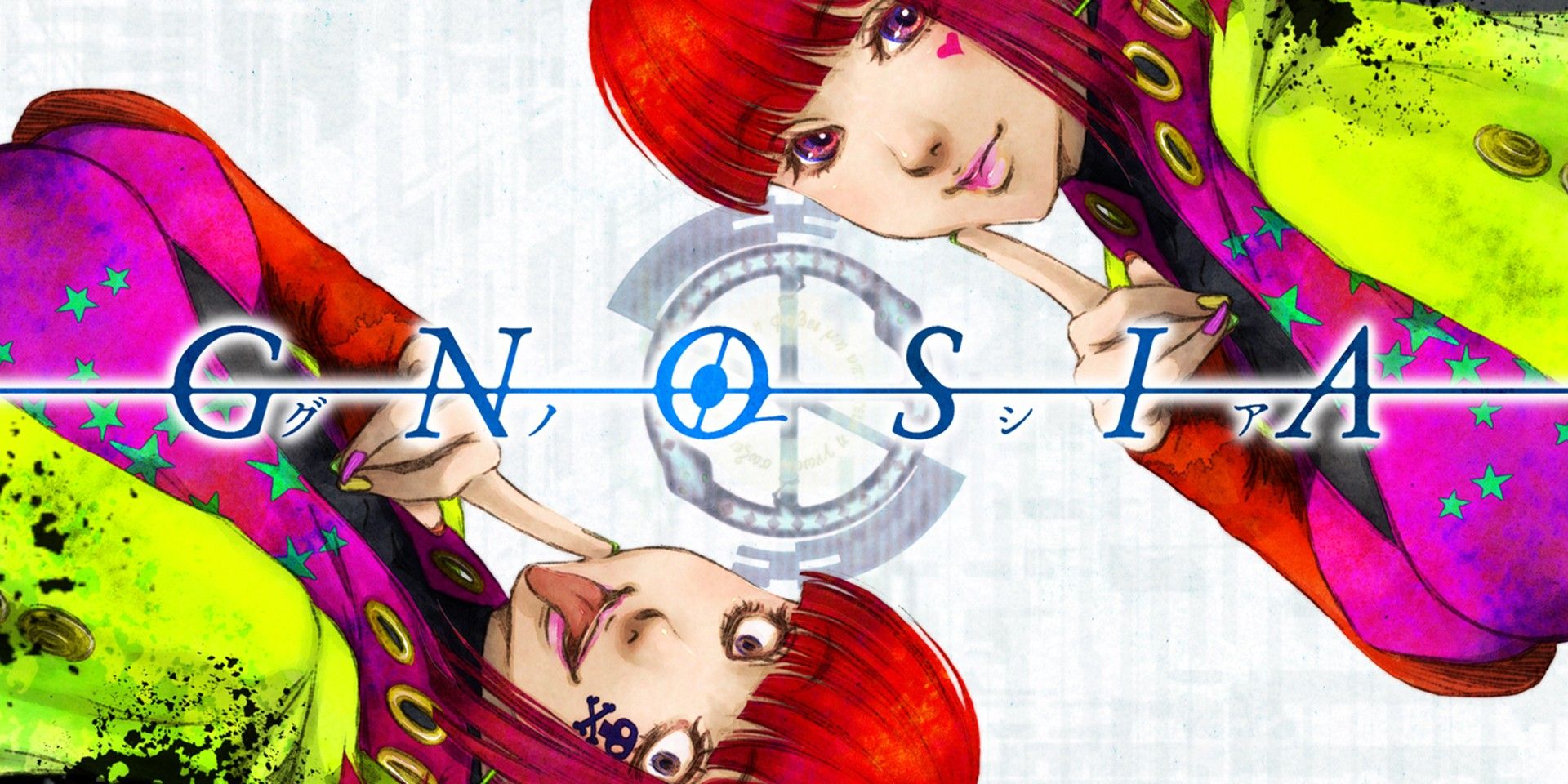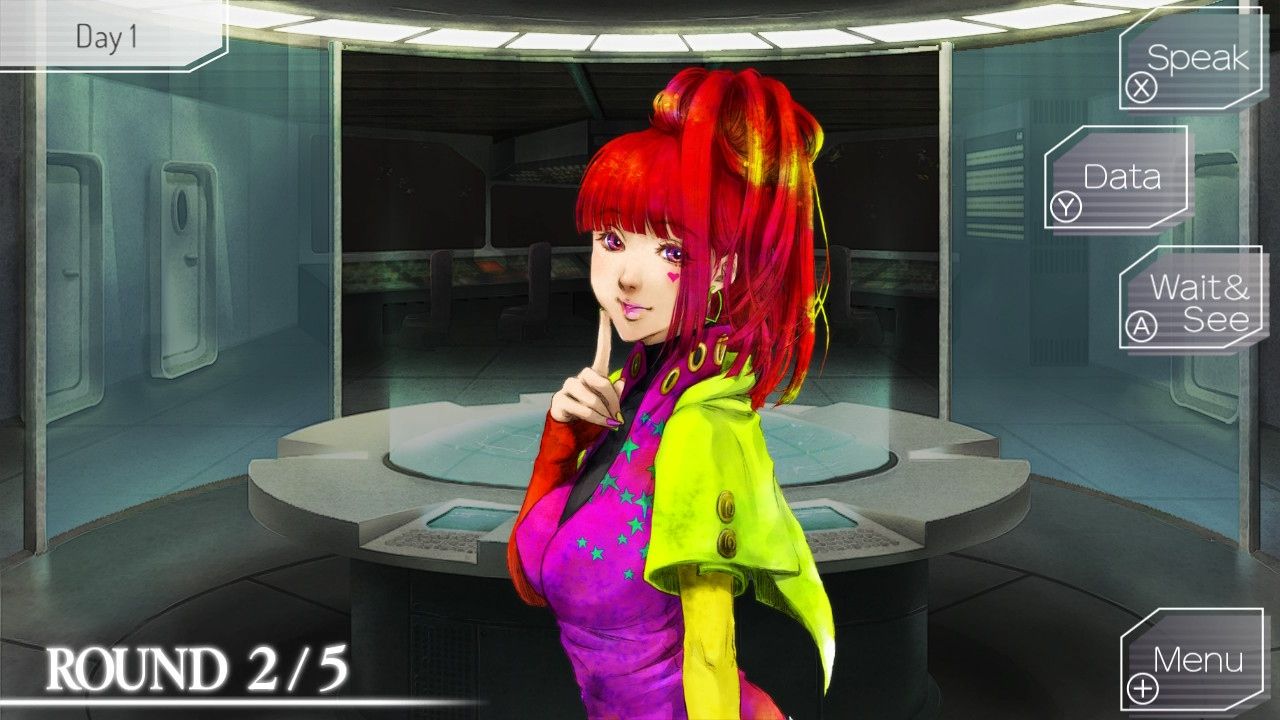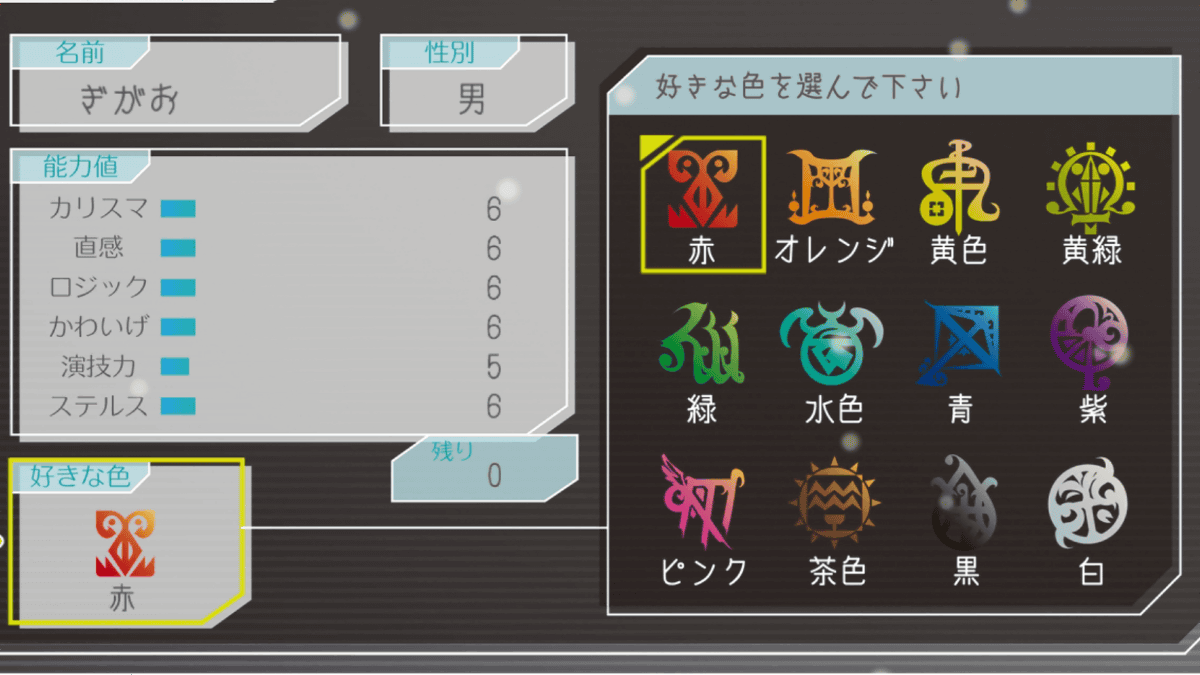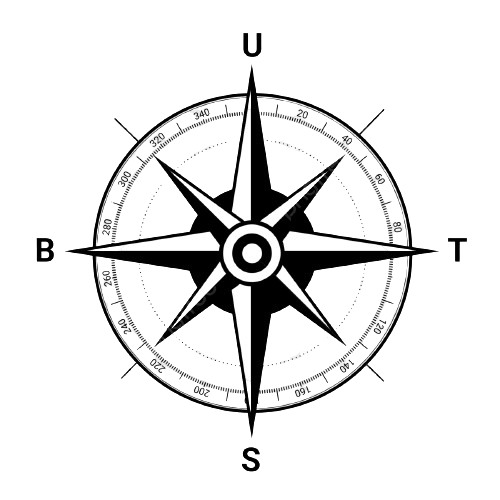
It’s interesting to take a multiplayer game and make it into a solo experience. Weaving together a really strong story and strong characters? That’s something to behold.
I originally wanted to write a full review and analysis of Gnosia in my usual style. After finishing the Bravely Default novel, it was next on my hit list. It just didn’t go the way I expected it to. My files contain a scattered, fragmented, and ultimately unfinished attempt at a draft review. I never got around to writing anything satisfactory in that style.
So this is not a very structured article. But I have an obligation to Gnosia to at least report on it in some way and speak about it, even if I say things that are mostly just confusing. Finally, I really liked Gnosia and was really surprised and moved by it. So I want to use my platform again to shine a light on something that maybe doesn’t get the attention it deserves, but doesn’t really deserve it. Once you’ve finished the explanation here, check out Gnosia if it sounds interesting to you.
Gnosia is a party game with social deception like Mafia, Werewolf, Among Us and all the spinoffs and offshoots of this kind, the crew and passengers of a refugee spaceship are invaded by the eponymous Gnosia, who possess individuals and people who are posing as such and must be tracked down. They eliminate someone every night, so every day the crew must discuss and vote who is the most suspicious. The unlucky target is put into cryosleep and the process is repeated until all the Gnosia are under control or they become the majority and take over.
What’s Prey? Plus, it’s a story-driven single-player RPG.
:no_upscale()/cdn.vox-cdn.com/uploads/chorus_asset/file/22348535/Gnosia_GinaRemnanArt.jpg)
You play against a variety of different characters, leveling up between rounds to better influence the AI that controls them. The characters all have personalities that heavily influence their behavior in debates and voting. As you play rounds and see the different outcomes, you’ll learn more about them, which will help you play against (or with) them in future games.
Of course, you only get to bring this knowledge home because you’re stuck in a time loop. I feel like I’ve been writing about this a lot lately, don’t you? But it works really well here, and understanding why you’re stuck in a time loop and how to stop it is the crux of the story. Learning about the characters, the setting, the Gnosia, and all sorts of other concepts presented throughout the game helps you make sense of it all.
Gnosia’s story is successful because it manages to weave every aspect of the characters and setting throughout the narrative, right down to the gameplay. It definitely verges on the “stories that can only be told in video games” category that I love. It’s still a solid effort, although NieR:Automata and 13 Sentinels still easily surpass them. The experience could have easily fallen apart if the execution wasn’t right, but Gnosia pulled it off.
Turning a social deception game into a stats-based RPG was a lot more practical than I expected. There are six stats that determine how effective your accusations or defenses are in the voting round, and they also give you the ability to spot liars (or better yet, lie yourself). Reaching certain ranks in certain stats gives you new abilities that you can use at the right moment in the argument. Whether you want to play it safe or dominate the conversation with logic and manipulation, any combination of stats will work.

Of course, AI characters won’t always give in completely in seemingly obvious and obvious situations. This is mainly because they have access to the same stats as you, and each character has their own set of skills and behaviors. This generates reactions that are easy to read and somewhat believable. Some characters you’ll build friendships and maintain loyalties with based on your emotional reactions, while others you won’t understand. As you advance the plot of Gnosia by triggering certain character events, these characters’ stats will improve. Importantly, you’ll also learn more about how to predict and manipulate their actions to get your desired results.
The first few loops of Gnosia are primarily a tutorial, introducing you to concepts and characters at a manageable pace. Once you reach a full cast of 15, you’ll have access to settings that allow you to adjust the number of players, the number of Gnosia, and other roles. Every skill and job in the Mafia can be found here. These include Doctor (reveals if anyone who votes into cryosleep is a Gnosia), Engineer (learns the player’s role each night), Beetle (usually the only winner if they survive to the end, regardless of which faction they are), and more. These can be turned on or off as needed at the start of a round. Certain character events will only be triggered under the right conditions. Luckily, you’ll see an “Event Search” button that will automatically configure a round that meets your event requirements.
Each character has these unique events, and completing their biography is central to stopping the time loop. This means learning everything about this eclectic group, both mechanically and narratively. Gnosia would fall apart completely if these characters weren’t interesting, and for the most part, they definitely are. Even the more boring ones play an interesting role in fleshing out the world-building overall. Each character only has a handful of events, but they add enough to give you a sense of who they are.
What’s interesting is the emotional connection I had with certain characters. I found myself behaving differently towards or preferring certain characters in actual game sections because I liked or disliked them.

For example, I’ve generally been nice to Setsu, the only person who knew about the time loop. That kind of camaraderie and sharing of knowledge (even when we were on opposite sides in a round!) to solve the bigger picture helped us form a bond. But every character ultimately had some kind of emotional impact on me, no matter how small it was.
This is made even worse by the fact that some of the characters are incredibly strange. It’s a really diverse cast. There are a lot of mostly normal people, but also a genetically modified beluga whale, a cyber priestess, a grey-looking guy, a guy who’s almost becoming a house cat…
So, Nosia’s strength is how well designed the whole experience is, between gameplay and narrative. If I didn’t respond emotionally to the characters, I’d probably respond mechanically. I liked Setsu for story reasons, but I liked Comet for mechanical reasons, because Comet is incredibly good at spotting liars (but is bad at lying itself). SQ was frustrating as a character, but not a mechanical challenge. Yuriko, on the other hand, was my go-to tool for “pick this character as fast as I can when I have no other clear goals” because her stats and abilities made it nearly impossible for other AIs to beat her without my influence.
Mafia Games are generally a lot of fun, so the fact that Gnosia was able to recreate that with purely fictional characters is great. The fact that you can combine that with a story that encourages you to get to know the world and characters in depth just pushes it even further. I had been planning on playing this game for a while due to the RPG elements, but the storyline had me glued to my Switch for the two days it took me to play the game.
:no_upscale()/cdn.vox-cdn.com/uploads/chorus_asset/file/22340496/gnosia4.png)
Gnosia isn’t perfect, though. The soundtrack is… odd, to say the least, and seems rather discordant. There were moments when it sounded like noise was raining down on me from the Switch, but I’m not sure if that was just the quality of the speakers or if it was intentional. Either way, it wasn’t particularly noticeable.
Similarly, Gnosia’s art style is very distinct and unique. This is usually a good thing, there are plenty of great shots and fascinating characters. Some designs, scenes, exaggerated filters just didn’t convince me, that’s all.
The same sentiment can sometimes be applied to the characters themselves, not just the art. However, this is a much smaller criticism, as the high variety of characters means that there are bound to be some I like more than others. Most importantly, each character has a role to play in the story and worldbuilding, so I’m happy to tolerate even the ones I dislike.
In terms of the gameplay itself, Gnosia’s core is fully customizable and works well. However, the nature of social deception games and AI manipulation means that things don’t always go as you’d expect. Some events require certain characters to survive or act in certain ways, which can take a few tries before you get it right.
This was the biggest drawback mentioned in other reviews, but honestly? I liked the gameplay loop so much that “failing” wasn’t that painful. You also gain experience and levels even on early losing runs, so you’re always making at least some progress. That’s probably the only real complaint I can make about the gameplay.
:no_upscale()/cdn.vox-cdn.com/uploads/chorus_asset/file/22348557/Gnosia_SetsuData.jpg)
I guess that’s Gnosia in a nutshell. Live, die, repeat, and learn about an interesting group of characters who all live together. It’s short, it’s fun, and I was more than satisfied with the time I spent playing it.
This is an indie game and Switch exclusive that I found out about completely by chance. I came across this review on Destructoid and, although I didn’t know the name, I was drawn in by the cover and the interesting cover photo, and was intrigued by the concept despite the mediocre reviews. I bought it on pure impulse, and ended up really liking the game, so, similar to what I did with Bravely Default 2, I wanted to use my platform to shine a spotlight on this game.
Despite the inevitable drop in interest, I really loved Gnosia. The more the story progressed and I learned how all the puzzle pieces fit together, the more engrossed I became and the more I couldn’t put it down. It all came together into a beautiful whole and it was a treat to see all the plot aspects explored and character stories concluded in a satisfying way. It even had a bittersweet yet beautiful ending… and the true ending turned it all into pure sweetness that really warmed my heart.
There’s not much more I can say other than I loved Gnosia, so if it sounds even a little interesting then definitely check it out. This is a game that deserves more attention and support than almost any other game I’ve played so far this year.

Finally. I tried out a few drafts before typing this. I’ve been working on this piece since my review of Bravely Default 2, and since then, the list of things I want to write has only gotten longer. I really hate looking through lists I’ve prepared for myself, so these kinds of unfinished projects are often a huge hindrance to productivity. I’m aware of this and am taking steps to minimize this in the future. I could probably set this subject aside entirely, but I really wanted to talk about Gnosia and spread the word about it. I’m not kidding when I say I loved this game, and felt I owed it enough to give it this kind of representation.
That said, I wasn’t completely lazy during this time. Careful readers may have noticed some changes to the site. I have a domain name, so just type vsthebacklog.com as usual and stare at my words. I also fiddled around with settings and finally solved some of the image alignment issues, and taught myself enough basic CSS to remove some of the white space on the site. Finally, Delfeir vs the Backlog actually looks like it has a layout I’m happy with.
I basically spent half a day brute-force teaching myself CSS, though, so those were very sloppy fixes. If you have any issues or readability problems, please let me know and I’ll see what I can do to address them. If not, let me know what it’s like overall and if you have any suggestions.

Leave a Reply